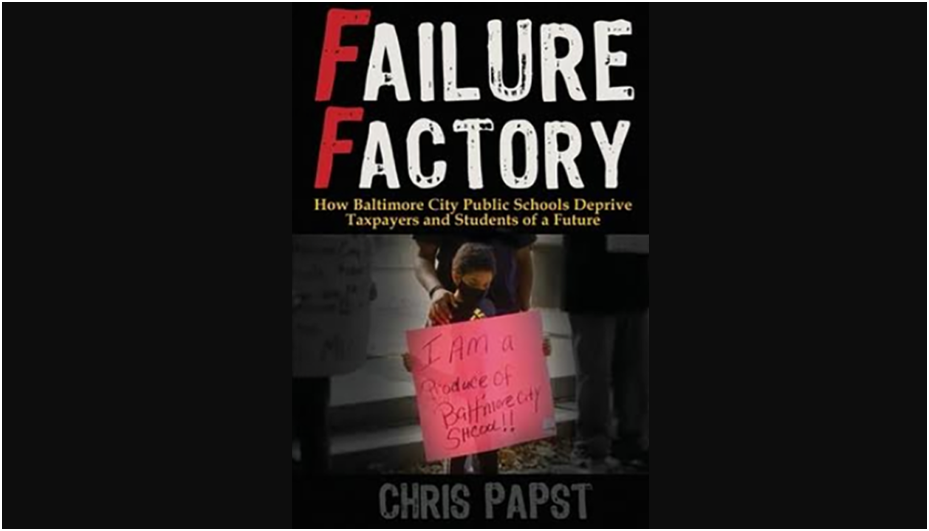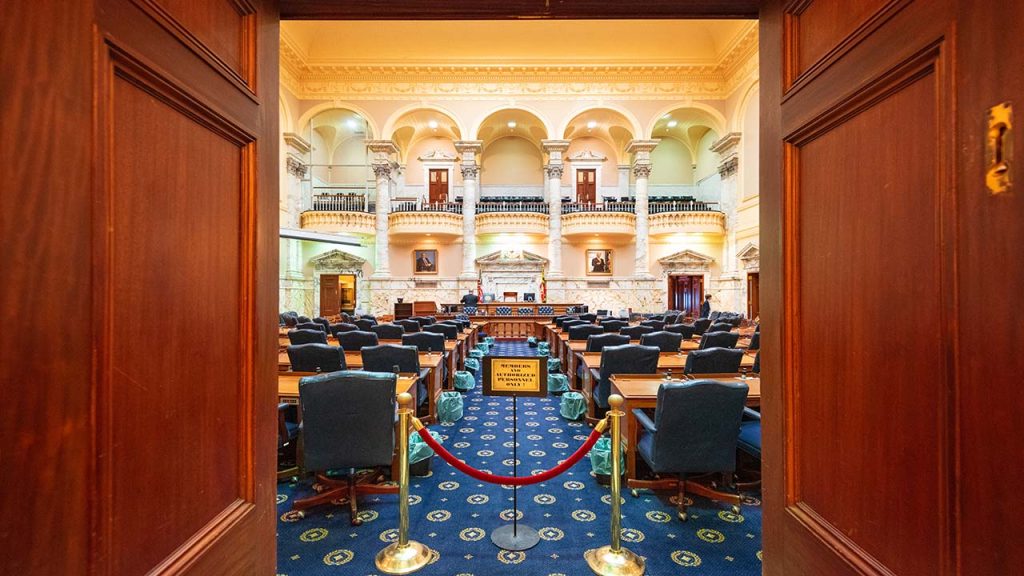
Professional Development That Matters: What Teachers Say They Want
It’s no secret that teachers have a lot on their plates. One thing they’d like to unload?
“Mandatory [professional development] that isn’t helpful,” responded at least one teacher to an informal Education Week online poll this summer.
Others concur. “PD is controlled by the district & is one-size-fits-all,” wrote an educator in response to a survey in Education Week’s Savvy Principal newsletter. “Much of it is not applicable to me or my colleagues.”
It’s not that teachers don’t want professional development. Their online behavior suggests that they are actively seeking out informal PD they find useful.
Case in point: A recent study that examined the popularity of TikTok videos created by various professionals between 2016 and 2023 found teachers are highly engaged on the social media platform. TikTok videos linked to the hashtag #teacher garnered 61.3 billion views. Popular videos include snippets of teachers managing sensitive situations with students, sharing strategies for teaching kids with ADHD, and offering tips for staying calm in a crisis. Their engagement on social media points to teachers’ desire to connect with learning opportunities in ways that are authentic, convenient, and teacher-driven.
Despite the continuation in many districts of mandated PD that’s not always widely relevant, greater voice and choice in professional learning does appear to be a growing trend—one that teachers are eager to embrace. Some models include schoolwide coaches and teacher-driven PD conferences.
PD quality varies widely
But for now, the type of PD offered to teachers continues to vary widely.
“It’s hard to say, nationally, ‘this is where we stand [on PD],’” said Holly Boffy, a high school principal at W. D. & Mary Baker Smith Career Center in Lafayette, La., and a former program director of teacher development for the Council of Chief State School Officers. “It all goes back to who’s leading. From school to school, it’s different.”
Boffy did, however, point to an increasing number of schools incorporating professional learning into the daily work schedule.
“Instead of paying thousands of dollars for an outside speaker, some schools are using a built-in coaching cycle,” said Boffy. These educator coaches, often referred to as instructional strategists, work at the school level and focus on teacher growth, she explained. The two primary areas of support they offer teachers are classroom management and content knowledge.
Teachers taking the reins on PD
Some districts have taken the idea of “in-house” learning a step further, using their own teachers and educational leaders to develop and facilitate PD sessions.
“You have some educators who are so good at their work that they can’t help but share it,” said Boffy. “I think it’s incredibly powerful when there is an outlet for that to happen for educators.”
But teacher-led PD is not happening widely, according to Taylor Wallace and Morgan Mercado, twins and 4th grade teachers at the same south Louisiana school that the sisters attended as children. They describe their mandatory, back-to-school professional development as consisting mostly of redundant curriculum-based topics that serve, at best, as a review.
“We could get so much more out of it if it was about classroom management, how to reach underachieving students, how to engage students, reach students with dyslexia, things like that,” said Mercado. “Things we haven’t been taught or were taught 10 years ago in college and don’t remember.”
The 4th grade teachers describe a desire to grow in their profession and have discovered they’re not alone. They launched DoubleDutyTeachers, a multichannel online platform established as a forum where educators can exchange teaching strategies. To date, they’ve developed an Instagram following of 10,000-plus.
With encouragement from their social media following, support from former college professors, and a grant from the Pugh Family Foundation, Mercado and Wallace enlisted their colleague Andre Deshotel and together the three educators designed and ran Teach Out Loud, a daylong conference for teachers that took place in March and was hosted by the University of Louisiana at Lafayette, College of Education and Human Development.
Mercado and Wallace, veteran attendees of PD conferences, endeavored to develop an experience that incorporated “teacher-friendly” features. They sent surveys to teachers well in advance of the conference, asking what they wanted to learn more about and allowing responses to guide their session topics. They handpicked presenters from among a network of educators who have inspired them. They kept the conference small (they sold out all 250 tickets) and inexpensive, at $20 per attendee—including lunch and a free T-shirt. Popular sessions included those on student engagement, behavior management, and a panel on special education.
In addition to planning for their second annual conference for next March, for which they hope to double attendance, Mercado and Wallace are in the process of formalizing the organization while they begin a new school year. Said Mercado, “I don’t think we’d ever quit our [teaching] jobs.” Right now, they express more interest in inspiring fellow teachers in ways they say traditional PD too often doesn’t.
“Teachers are down in the dumps lately about a whole lot of things,” said Wallace. “It doesn’t help when you see PD sessions that aren’t what we need.”
Dig Deeper With Our Longreads
Newsletter Sign up to get our best longform features, investigations, and thought-provoking essays, in your inbox every Sunday.
The MEN was founded by John Huber in the fall of 2020. It was founded to provide a platform for expert opinion and commentary on current issues that directly or indirectly affect education. All opinions are valued and accepted providing they are expressed in a professional manner. The Maryland Education Network consists of Blogs, Videos, and other interaction among the K-12 community.








